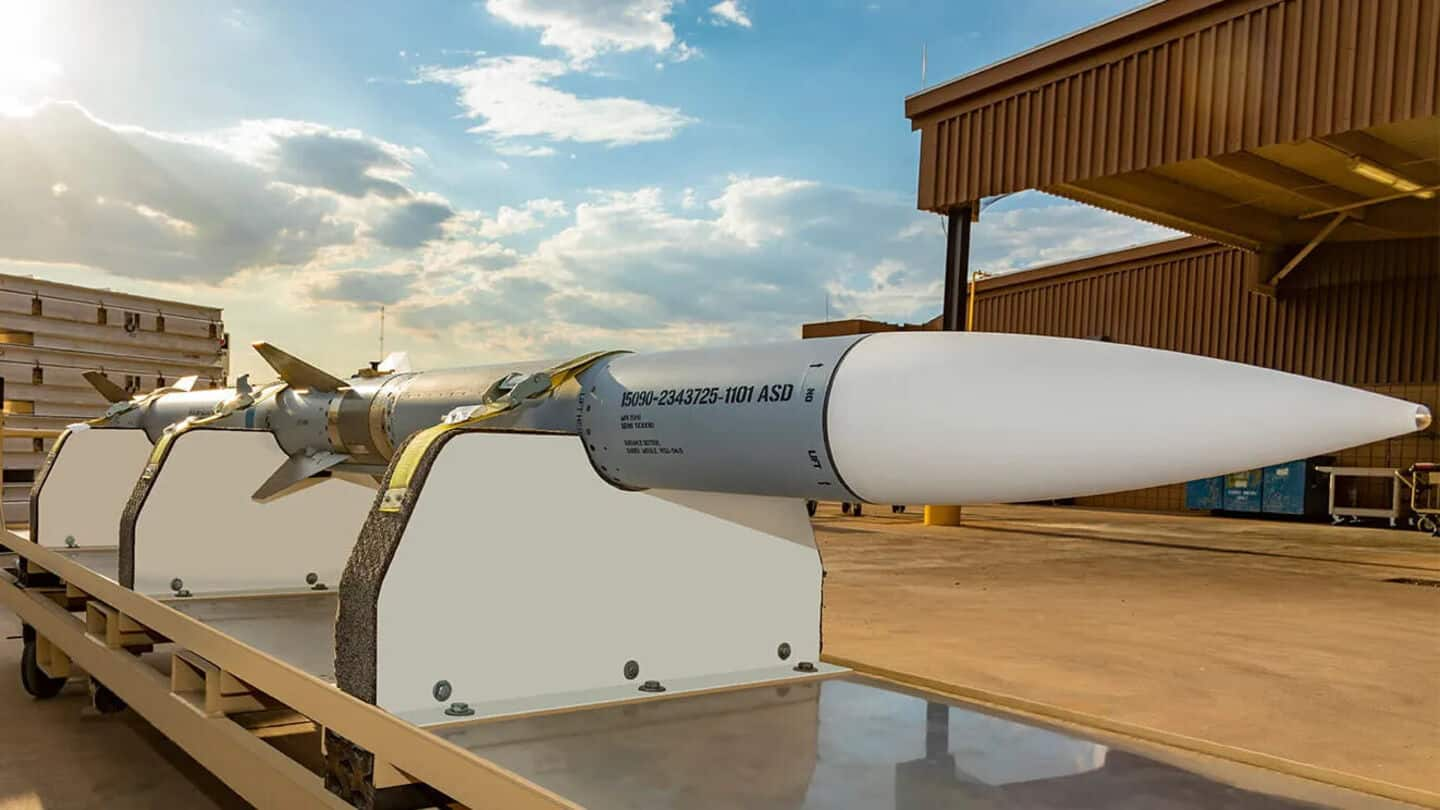
US green lights $304 million missile sale to Turkey
What's the story
The United States has approved a $304 million missile sale to Turkey in a major move aimed at bolstering trade and defense ties between the two NATO allies, Bloomberg reported. The deal, however, is subject to Congressional approval. The announcement was made during Secretary of State Marco Rubio's visit to Turkey for a NATO foreign ministers' meeting on Thursday.
Missile acquisition
Turkey requests advanced missiles from US
Turkey has asked for 53 advanced medium-range air-to-air missiles and 60 Block II missiles from the US, said the Defense Security Cooperation Agency. The first 53 missiles will cost an estimated $225 million, and the second 60 Block II missiles will cost $79.1 million. RTX Corporation has been named the principal contractor for this sale.
Diplomatic challenges
Turkey-US relations: A complex history
The missile sale has been proposed at a time when Turkey is trying to mend its strained relations with the US. Turkish President Recep Tayyip Erdogan has been seeking a meeting with US President Donald Trump to discuss issues that have arisen due to Ankara's purchase of a Russian missile-defense system and Washington's support for a Syrian Kurdish militia viewed as a threat by Turkey.
Regional stability
Turkey's role in stabilizing Syria and monitoring ceasefire
As NATO's two largest armies, Turkey and the US have a stake in preserving their decades-long alliance. The Pentagon intends to streamline operations in Syria and lower troop numbers below 1,000. In exchange, Ankara is offering several thousand Turkish troops already deployed across the border to help stabilize its war-torn neighbor. At the same time, Turkey is willing to help monitor a potential Russia-Ukraine ceasefire across the Black Sea.
Aircraft acquisition
Turkey's interest in F-35 fighter jets
In the past, Turkey had repeatedly expressed interest in acquiring F-35 warplanes as part of its planned arms purchases. However, this would require the US lifting a ban on Ankara from purchasing the fifth-generation fighter, which was imposed after its acquisition of the Russian S-400 missile-defense system. The purchase created a deadlock with Washington and triggered CAATSA sanctions targeting Turkey's defense industry and removing it from the F-35 development program.